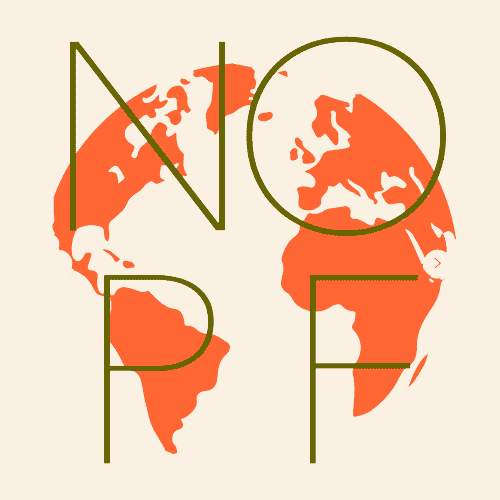Poetry as Coexistence
What kind of writing emerges if we accept that no stable boundary separates the human from the nonhuman: that our existence is a coexistence? What kind of writing does this dynamic equilibrium with the world of animals, fungi, plants, and all other self-organized systems call for? How does one write in a way that acknowledges that the free-living aerobic bacteria that long ago became our mitochondria are inextricable from the present speaking self?
